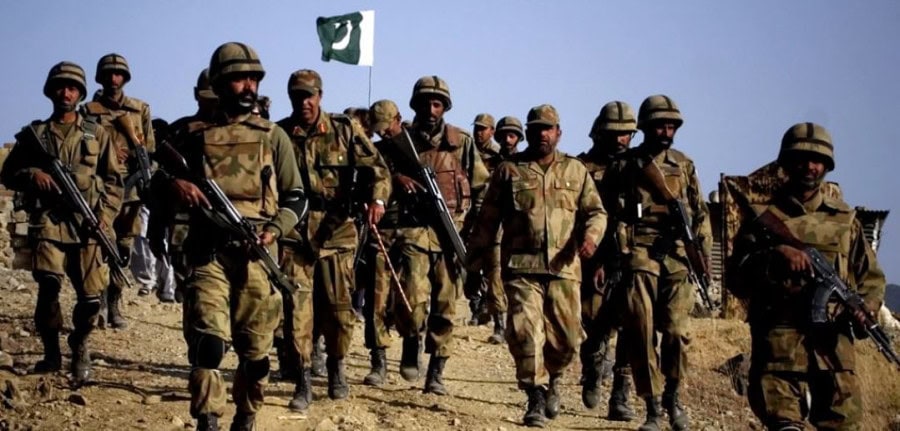ISLAMABAD – The US has acknowledged the efforts made by Pakistan in 2020 to counter terror financing, restrain India-focused militant groups and to support Afghan peace process.
A report released by the US State Department said, “At the October FATF plenary, FATF member states acknowledged Pakistan’s progress on its action plan and agreed to keep Pakistan on the FATF gray list through the 2021 plenary”.
Pakistan made limited progress on the most difficult aspects of its 2015 National Action Plan to counter terrorism, specifically in its pledge to dismantle all terrorist organizations without delay or discrimination.
However, the report said that Pakistan made limited progress on the most difficult aspects of its 2015 National Action Plan to counter terrorism, specifically in its pledge to dismantle all terrorist organizations without delay or discrimination.
The report further highlighted that Pakistan experienced significant terrorist threats in 2020. The number of attacks and casualties was slightly higher than in 2019. Major terrorist groups that focused on conducting attacks in Pakistan included TTP and ISIS-Pakistan.
Despite acknowledging Pakistan’s efforts to combat terrorism in the region, the report claimed that terrorist groups continued to conduct attacks against Pakistani military and civilian targets in 2020.
Although Pakistan’s national action plan calls for ensuring that no armed militias are allowed to function in the country, several UN- and U.S.-designated terrorist groups that focus on attacks outside the country continued to operate from Pakistani soil in 2020, the report claimed.
“Authorities did not take sufficient action to dismantle certain terrorist groups,” it stated.
Lauding Pakistan’s constructive role in the International Atomic Energy Agency-hosted meetings and in the Global Initiative to Combat Nuclear Terrorism, the report noted: “Pakistan is committed to combating the trafficking of items that could contribute to the development of WMDs and their delivery systems.”
In a chapter titled “Support for Pakistan,” the US urged Pakistan to eliminate terrorist groups within its territory while acknowledging Pakistan’s role in Afghanistan and broader regional security.
“The United States cooperates with Pakistan on counterterrorism operations, which has helped Pakistan reclaim parts of the country previously held by militant groups,” it reported, while claiming that designated terrorist groups continue to carry out attacks against Pakistan.
“While Pakistan has taken some action against these designated terrorist organisations, some externally focused terrorist groups continue to find safe haven in Pakistan,” the report stated.
The chapter in the report further noted that the US has supported civilian law enforcement and the rule of law to help Pakistan disrupt transnational organised crime and terrorist networks and provide security and justice for Pakistani citizens.
The emphasis on sustainable development and capacity-building, and on leveraging trade and private sector investment where possible, encourages partnership and a long-term positive impact on the Pakistani people, the report stated. People-to-people exchanges, which largely shifted to virtual exchanges during COVID-19, helped promote mutual understanding and bilateral ties, it added.
In a section about USAID Basic Education in Muslim-majority countries, the reports revealed that $5.2 million was allocated to Pakistan.
“USAID activities expanded access to quality basic education for all, particularly for marginalised and vulnerable populations,” it noted.









